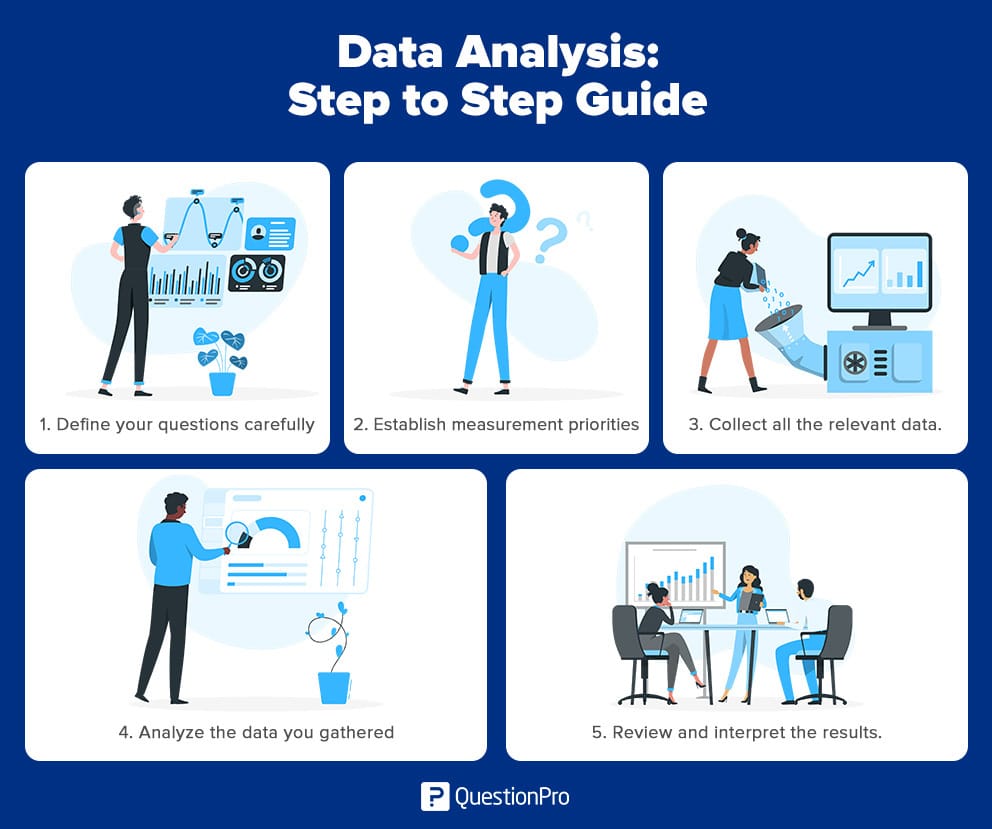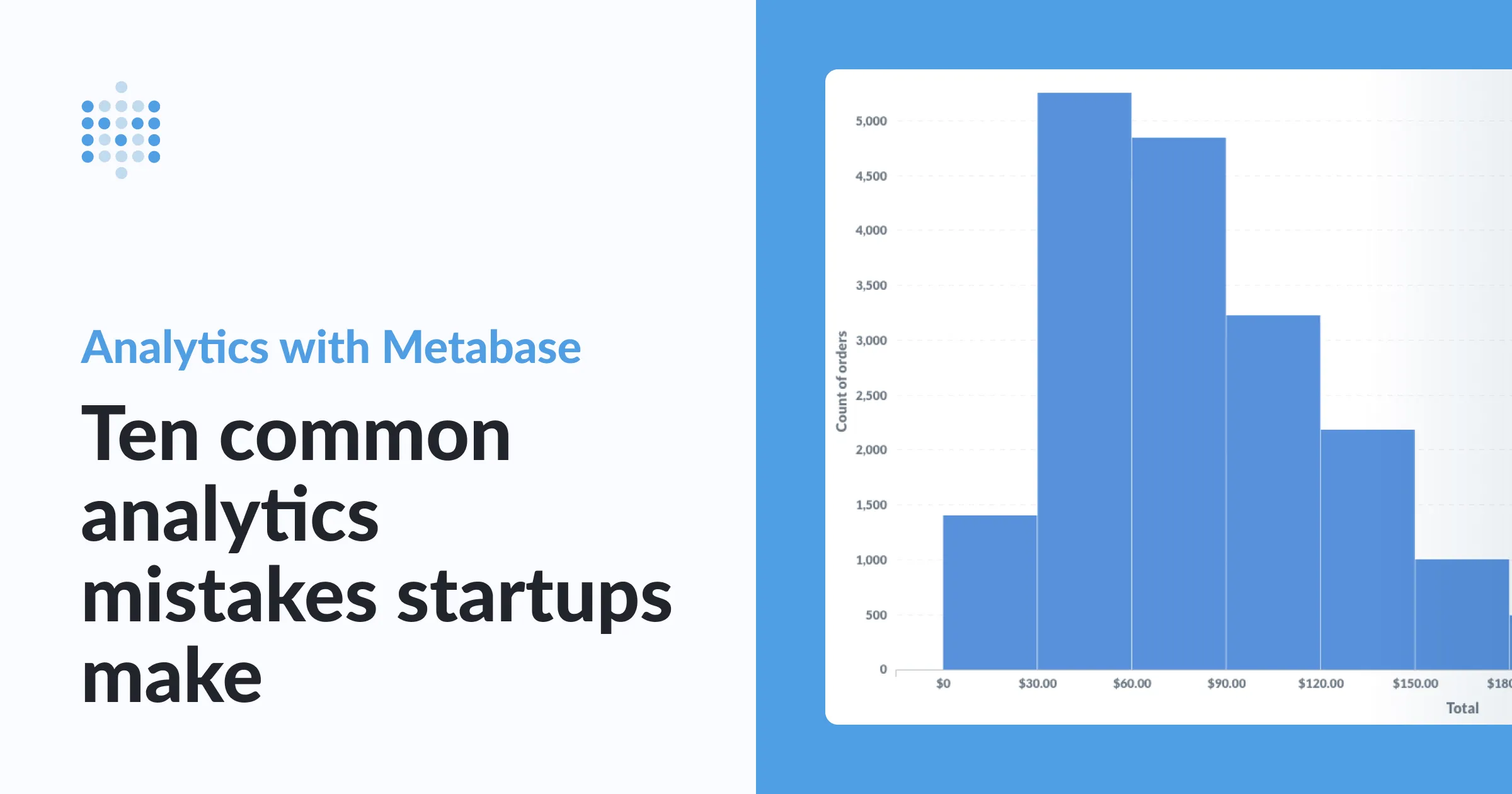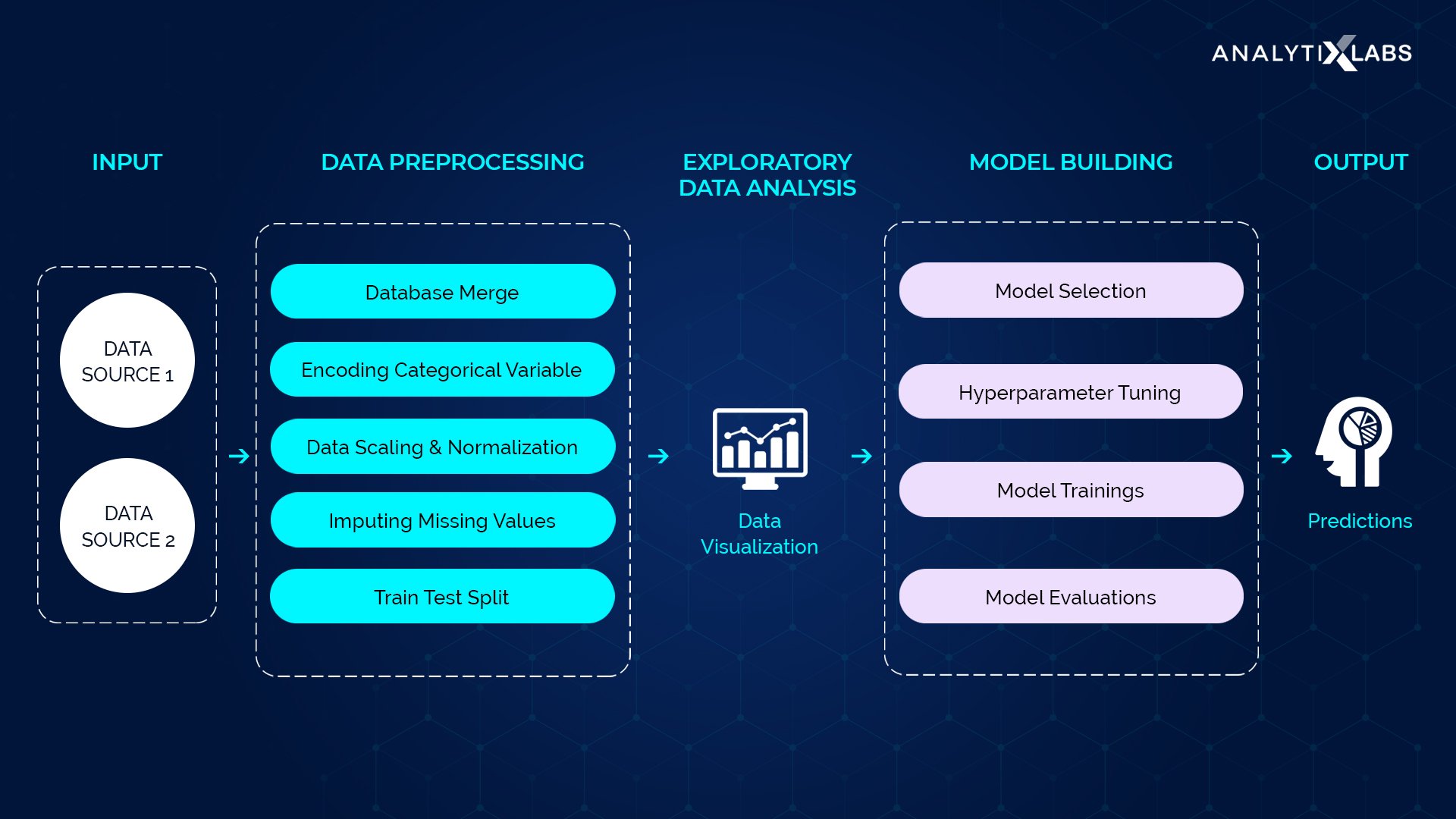Why Startups Need Data Analytics to Succeed
Data analytics is no longer a luxury, but a necessity for startups to succeed in today’s competitive business landscape. By leveraging data analytics, startups can make informed decisions, drive business growth, and stay ahead of the competition. Data analytics for startups provides a wealth of benefits, including improved operational efficiency, enhanced customer experiences, and data-driven decision-making.
One of the primary advantages of data analytics for startups is its ability to provide actionable insights. By analyzing data from various sources, startups can identify trends, patterns, and correlations that inform business decisions. For instance, data analytics can help startups optimize their marketing strategies, improve customer engagement, and streamline their operations.
Moreover, data analytics enables startups to measure their performance and track their progress over time. By setting key performance indicators (KPIs) and monitoring them regularly, startups can evaluate the effectiveness of their strategies and make adjustments as needed. This data-driven approach helps startups stay focused on their goals and make continuous improvements.
Another significant benefit of data analytics for startups is its ability to enhance customer experiences. By analyzing customer data, startups can gain a deeper understanding of their needs, preferences, and behaviors. This insight enables startups to develop targeted marketing campaigns, create personalized products and services, and deliver exceptional customer support.
Furthermore, data analytics helps startups stay competitive in the market. By analyzing industry trends, market conditions, and competitor activity, startups can identify opportunities and threats, and develop strategies to stay ahead of the competition. This proactive approach enables startups to adapt to changing market conditions and stay relevant in the industry.
In conclusion, data analytics is a critical component of a startup’s success. By leveraging data analytics, startups can make informed decisions, drive business growth, and stay ahead of the competition. As the business landscape continues to evolve, startups that adopt data analytics will be better equipped to navigate the challenges and opportunities that lie ahead.
How to Get Started with Data Analytics as a Startup
Implementing data analytics as a startup can seem daunting, but with a clear plan, it can be a straightforward process. To get started, startups should focus on setting up a solid data infrastructure, selecting the right tools, and building a data-driven culture.
Step 1: Define Your Data Strategy
Before diving into data analytics, startups need to define their data strategy. This involves identifying the key business questions they want to answer, determining the types of data they need to collect, and establishing clear goals for their data analytics efforts.
Step 2: Set Up Your Data Infrastructure
A robust data infrastructure is essential for data analytics. Startups should invest in a reliable data storage solution, such as a cloud-based data warehouse, and implement data governance policies to ensure data quality and security.
Step 3: Choose the Right Data Analytics Tools
With so many data analytics tools available, startups need to select the ones that best fit their needs. Popular options include Google Analytics for web analytics, Mixpanel for product analytics, and Tableau for data visualization.
Step 4: Build a Data-Driven Culture
A data-driven culture is critical for startups to get the most out of their data analytics efforts. This involves encouraging data literacy across the organization, promoting experimentation and testing, and celebrating data-driven successes.
Step 5: Develop a Data Analytics Roadmap
To ensure long-term success, startups should develop a data analytics roadmap that outlines their goals, objectives, and timelines. This roadmap should be regularly reviewed and updated to reflect changing business needs and priorities.
By following these steps, startups can establish a strong foundation for data analytics and set themselves up for long-term success. Remember, data analytics is a journey, not a destination, and it requires ongoing effort and commitment to realize its full potential.
As startups progress on their data analytics journey, they should continually monitor their progress, identify areas for improvement, and make adjustments as needed. With the right approach, data analytics can become a powerful tool for driving business growth and success.
Key Data Analytics Tools for Startups
When it comes to data analytics for startups, choosing the right tools is crucial for success. With so many options available, it can be overwhelming to decide which tools to use. In this section, we’ll explore some of the most popular data analytics tools suitable for startups, including their features, pricing, and use cases.
Google Analytics
Google Analytics is a popular web analytics tool that provides insights into website traffic, engagement, and conversion rates. It’s free to use, making it an excellent choice for startups on a budget. Google Analytics offers a range of features, including real-time analytics, audience segmentation, and goal tracking.
Mixpanel
Mixpanel is a product analytics tool that helps startups understand how users interact with their products. It offers features such as funnels, retention analysis, and A/B testing. Mixpanel is particularly useful for startups with complex products or multiple user flows.
Tableau
Tableau is a data visualization tool that helps startups make sense of their data. It offers a range of features, including data connectors, dashboards, and storytelling. Tableau is particularly useful for startups with large datasets or complex data analysis needs.
Other notable data analytics tools for startups include:
Segment: A customer data platform that helps startups collect, organize, and analyze customer data.
Amplitude: A product analytics tool that helps startups understand user behavior and optimize their products.
Looker: A business intelligence platform that helps startups make data-driven decisions.
When choosing a data analytics tool, startups should consider their specific needs and goals. It’s essential to evaluate the features, pricing, and use cases of each tool to ensure it aligns with the startup’s data analytics strategy.
By selecting the right data analytics tools, startups can gain valuable insights into their business, make data-driven decisions, and drive growth. Remember, data analytics is a journey, and the right tools can help startups navigate this journey successfully.
Common Data Analytics Mistakes Startups Should Avoid
While data analytics can be a powerful tool for startups, there are several common mistakes that can hinder its effectiveness. In this section, we’ll explore some of the most common data analytics mistakes startups should avoid, and provide tips on how to overcome these challenges.
Data Quality Issues
One of the most common mistakes startups make is neglecting data quality. Poor data quality can lead to inaccurate insights, which can have serious consequences for business decisions. To avoid this, startups should implement data validation and cleansing processes to ensure their data is accurate and reliable.
Incorrect Metrics
Another common mistake is tracking the wrong metrics. Startups should focus on tracking metrics that align with their business goals, such as customer acquisition costs, retention rates, and revenue growth. By tracking the right metrics, startups can gain valuable insights into their business and make data-driven decisions.
Inadequate Data Visualization
Data visualization is a critical component of data analytics, but many startups neglect to invest in this area. Inadequate data visualization can lead to insights being lost in a sea of data, making it difficult for stakeholders to understand the insights. To avoid this, startups should invest in data visualization tools and techniques, such as dashboards and storytelling.
Lack of Data Governance
Data governance is essential for ensuring data quality and security, but many startups neglect to implement data governance policies. To avoid this, startups should establish clear data governance policies and procedures, including data access controls, data backup and recovery, and data security measures.
Insufficient Data Literacy
Finally, many startups neglect to invest in data literacy, which can lead to a lack of understanding of data analytics insights. To avoid this, startups should invest in data literacy training and education, including workshops, webinars, and online courses.
By avoiding these common data analytics mistakes, startups can ensure they get the most out of their data analytics efforts. Remember, data analytics is a journey, and it requires ongoing effort and commitment to realize its full potential.
The Role of Machine Learning in Data Analytics for Startups
Machine learning is a powerful technology that can help startups unlock the full potential of their data analytics efforts. By leveraging machine learning algorithms, startups can gain deeper insights into their customers, products, and operations, and make more informed decisions.
Predictive Modeling
One of the most common applications of machine learning in data analytics for startups is predictive modeling. Predictive modeling involves using machine learning algorithms to analyze historical data and make predictions about future outcomes. For example, a startup might use predictive modeling to forecast sales, predict customer churn, or identify new business opportunities.
Customer Segmentation
Machine learning can also be used to segment customers based on their behavior, preferences, and demographics. By segmenting customers, startups can gain a deeper understanding of their target audience and develop more effective marketing strategies. For example, a startup might use machine learning to segment customers based on their purchase history, browsing behavior, or social media activity.
Personalized Marketing
Machine learning can also be used to personalize marketing efforts for startups. By analyzing customer data and behavior, startups can develop targeted marketing campaigns that are more likely to resonate with their target audience. For example, a startup might use machine learning to personalize email marketing campaigns, recommend products to customers, or optimize ad targeting.
Other Applications of Machine Learning
Machine learning has many other applications in data analytics for startups, including:
Text analysis: Machine learning can be used to analyze text data, such as customer feedback, social media posts, or product reviews.
Image analysis: Machine learning can be used to analyze image data, such as product images, customer photos, or social media images.
Time series analysis: Machine learning can be used to analyze time series data, such as sales data, website traffic, or customer engagement metrics.
By leveraging machine learning in their data analytics efforts, startups can gain a competitive edge and make more informed decisions. Remember, machine learning is a powerful technology that can help startups unlock the full potential of their data analytics efforts.
Measuring Success with Data Analytics: Key Metrics for Startups
When it comes to measuring success with data analytics, startups need to track the right metrics to inform their business decisions. In this section, we’ll explore the essential metrics for startups to track using data analytics, including customer acquisition costs, retention rates, and revenue growth.
Customer Acquisition Costs (CAC)
CAC is a critical metric for startups to track, as it measures the cost of acquiring a new customer. By tracking CAC, startups can optimize their marketing strategies and reduce their customer acquisition costs. For example, a startup might use data analytics to track the effectiveness of their social media advertising campaigns and adjust their budget accordingly.
Retention Rates
Retention rates are another essential metric for startups to track, as they measure the percentage of customers who continue to use a product or service over time. By tracking retention rates, startups can identify areas for improvement and develop strategies to increase customer loyalty. For example, a startup might use data analytics to track the retention rates of their customers and develop targeted marketing campaigns to retain their most valuable customers.
Revenue Growth
Revenue growth is a key metric for startups to track, as it measures the increase in revenue over time. By tracking revenue growth, startups can evaluate the effectiveness of their business strategies and make adjustments as needed. For example, a startup might use data analytics to track their revenue growth and adjust their pricing strategy to optimize revenue.
Other Essential Metrics for Startups
In addition to CAC, retention rates, and revenue growth, there are several other essential metrics for startups to track using data analytics, including:
Customer lifetime value (CLV): measures the total value of a customer over their lifetime.
Return on investment (ROI): measures the return on investment for marketing campaigns and other business initiatives.
Conversion rates: measures the percentage of customers who complete a desired action, such as making a purchase or filling out a form.
By tracking these essential metrics, startups can gain a deeper understanding of their business and make data-driven decisions to drive growth and success.
Data Analytics for Startup Funding and Investment
When it comes to securing funding and investment, startups need to demonstrate a clear understanding of their business and market. Data analytics plays a critical role in this process, as it provides a data-driven approach to evaluating business opportunities and risks.
Data-Driven Pitches
A data-driven pitch is essential for startups looking to secure funding and investment. By using data analytics to inform their pitch, startups can demonstrate a clear understanding of their market, customer needs, and business potential. This can include data on customer acquisition costs, retention rates, and revenue growth, as well as market trends and competitor analysis.
Financial Projections
Financial projections are another critical component of the funding and investment process. By using data analytics to inform their financial projections, startups can demonstrate a clear understanding of their business potential and risks. This can include data on revenue growth, expenses, and cash flow, as well as market trends and competitor analysis.
Key Metrics for Investors
When it comes to evaluating startup investment opportunities, investors look for key metrics that demonstrate a clear understanding of the business and market. These metrics can include:
Customer acquisition costs (CAC)
Retention rates
Revenue growth
Market size and growth potential
Competitor analysis
By using data analytics to inform their pitch and financial projections, startups can demonstrate a clear understanding of their business and market, and increase their chances of securing funding and investment.
Best Practices for Data-Driven Funding and Investment
To get the most out of data analytics for funding and investment, startups should follow best practices such as:
Use data to inform business decisions
Develop a data-driven pitch and financial projections
Use key metrics to evaluate business opportunities and risks
Continuously monitor and analyze data to inform business decisions
By following these best practices, startups can use data analytics to secure funding and investment, and drive business growth and success.
Building a Data-Driven Culture in Your Startup
Building a data-driven culture is essential for startups to succeed in today’s competitive business landscape. A data-driven culture is one that values data-driven decision-making, encourages experimentation, and celebrates data-driven successes.
Encouraging Data Literacy
To build a data-driven culture, startups need to encourage data literacy across the organization. This can be achieved by providing training and education on data analytics tools and techniques, as well as promoting data-driven decision-making.
Promoting Experimentation
Experimentation is a critical component of a data-driven culture. By encouraging experimentation, startups can test new ideas, measure their effectiveness, and make data-driven decisions. This can include A/B testing, prototyping, and piloting new products or services.
Celebrating Data-Driven Successes
Celebrating data-driven successes is essential for building a data-driven culture. By recognizing and rewarding data-driven achievements, startups can encourage employees to continue using data to inform their decisions.
Best Practices for Building a Data-Driven Culture
To build a data-driven culture, startups should follow best practices such as:
Lead by example: Leaders should model data-driven behavior and encourage employees to do the same.
Provide training and education: Provide training and education on data analytics tools and techniques to encourage data literacy.
Encourage experimentation: Encourage experimentation and testing of new ideas.
Celebrate data-driven successes: Recognize and reward data-driven achievements.
By following these best practices, startups can build a data-driven culture that values data-driven decision-making, encourages experimentation, and celebrates data-driven successes.
Benefits of a Data-Driven Culture
A data-driven culture can bring numerous benefits to startups, including:
Improved decision-making: Data-driven decision-making can lead to better business outcomes.
Increased innovation: Experimentation and testing of new ideas can lead to innovation and growth.
Enhanced customer experiences: Data-driven decision-making can lead to better customer experiences and increased customer loyalty.
By building a data-driven culture, startups can unlock the full potential of data analytics and drive business growth and success.







